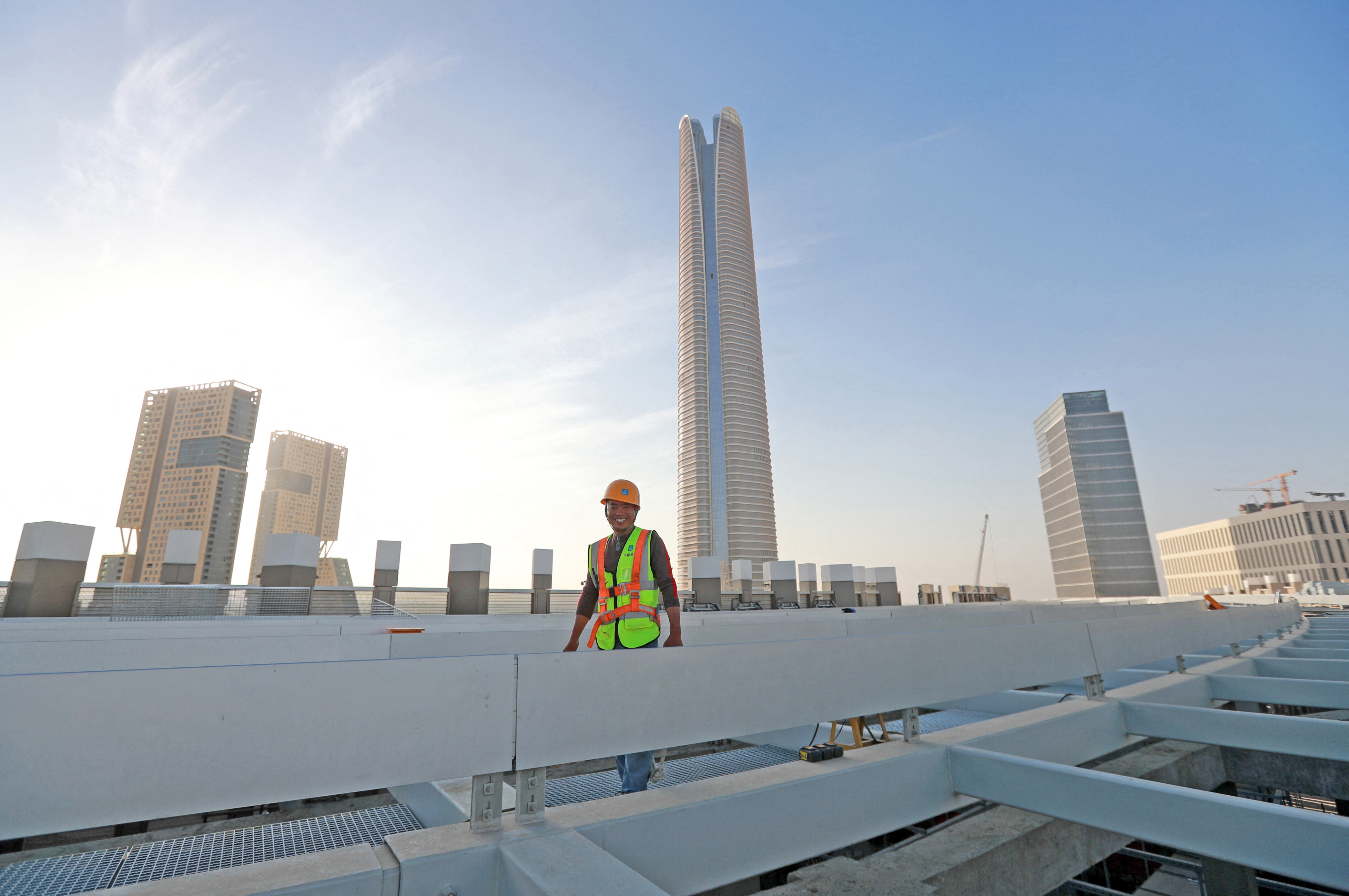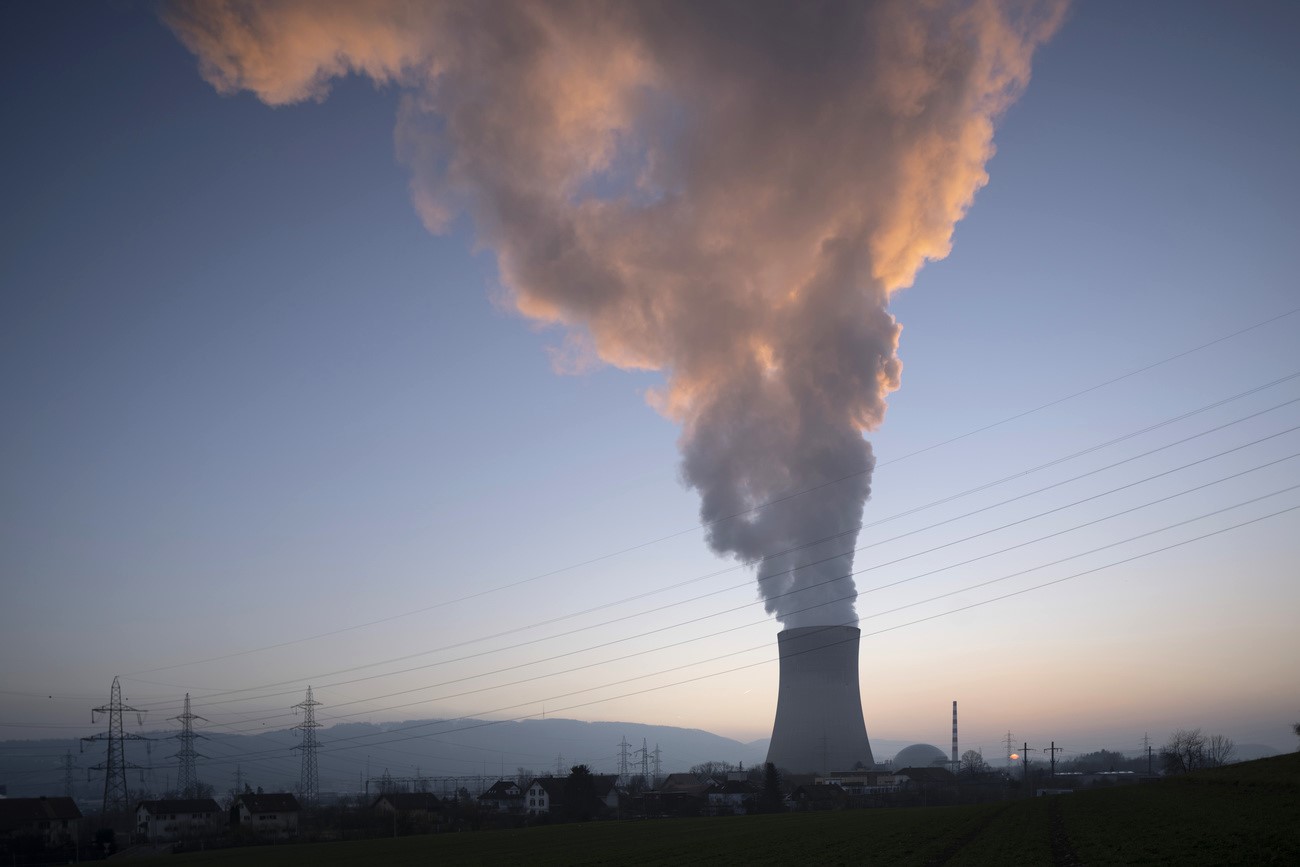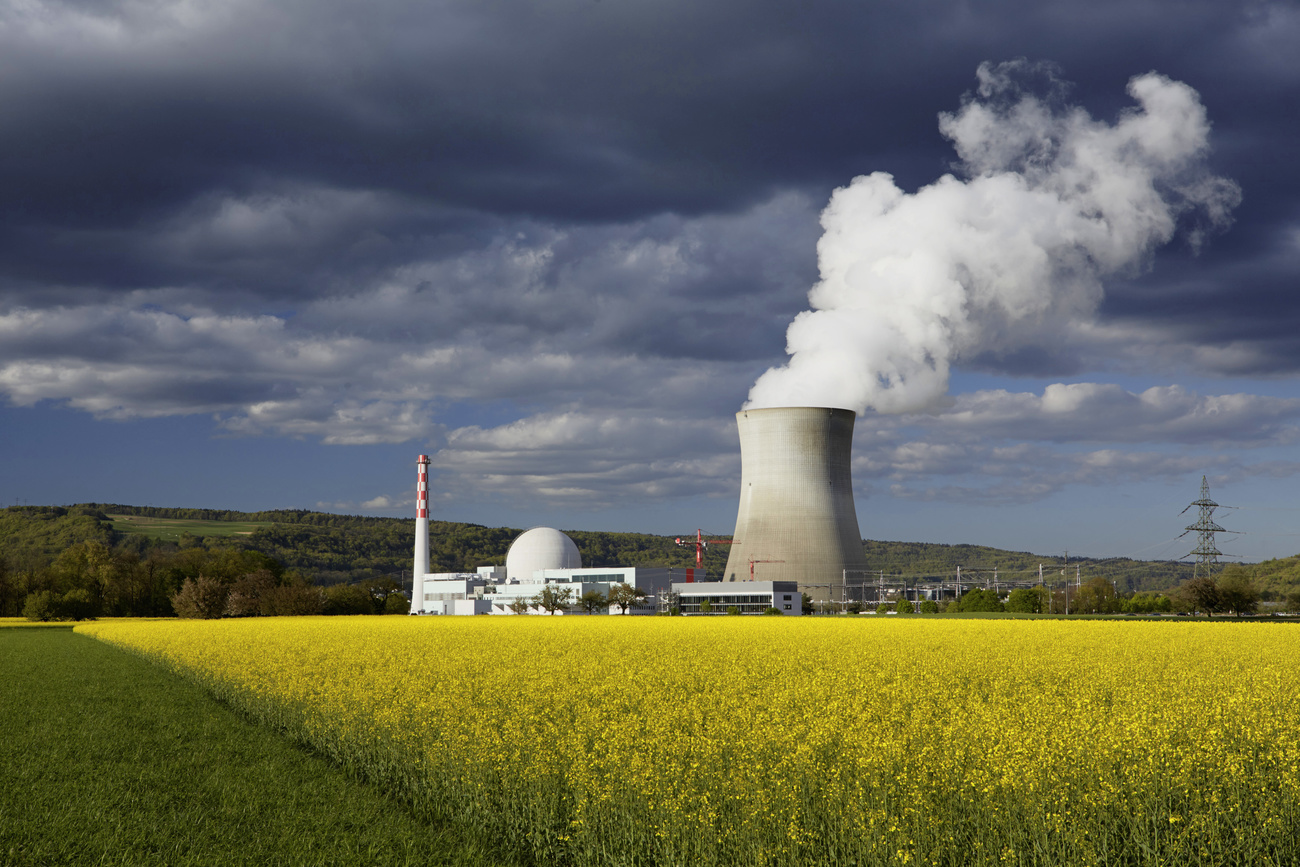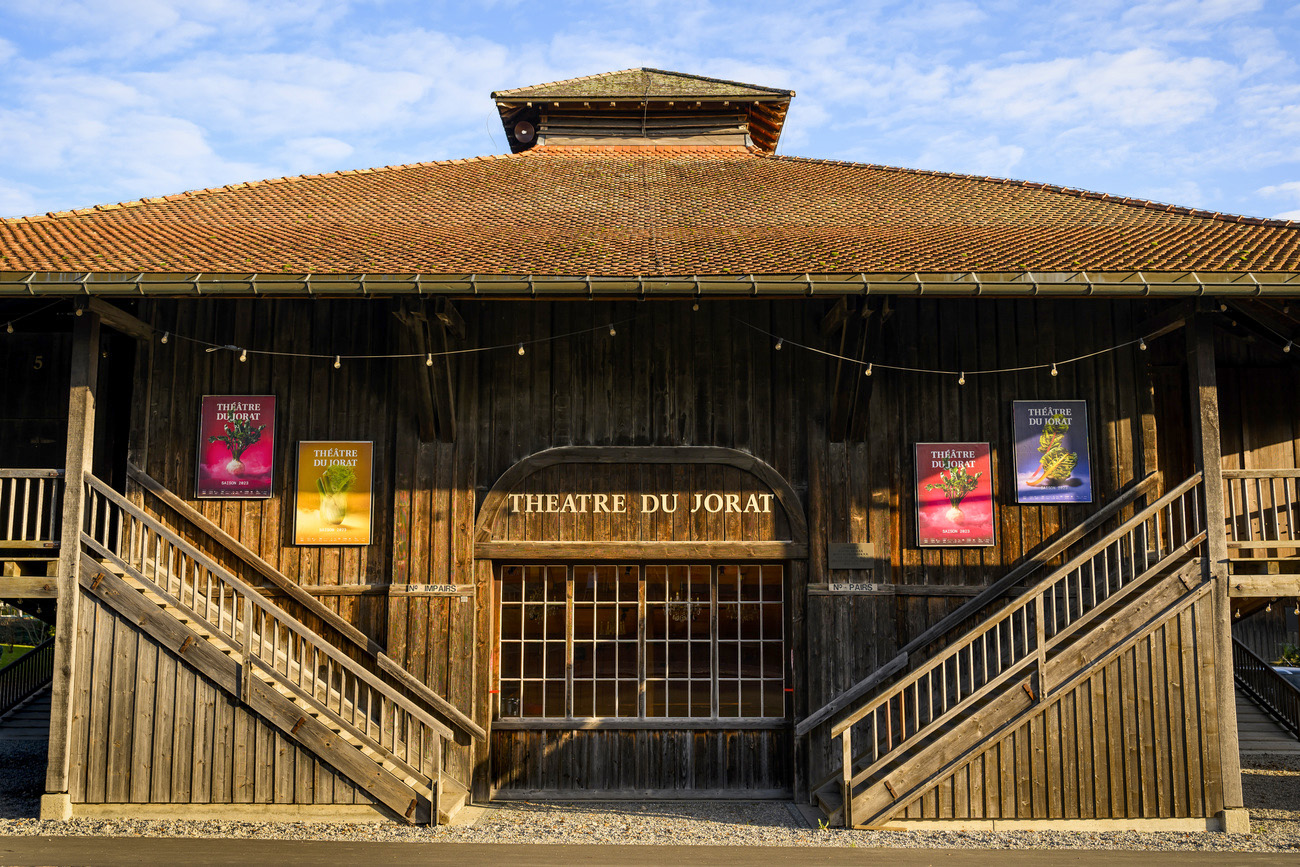
The Swiss political system
Direct democracy, neutrality and federalism are central components of the Swiss political system, considered very stable and balanced. No one party dominates in the two chambers of parliament, and the four largest parties are represented in the seven-member government.
How does Swiss politics work?
Switzerland has a unique political system that stands out for its blend of direct and representative democracy, consensus-driven governance and federalism. Here are the key aspects:
Direct democracy in Switzerland
No other country in the world holds as many referendums as Switzerland does. The Alpine nation has the broadest range of direct democratic tools at the national level. Citizens can influence laws and policies through referendums.
Thus, if the government and parliament want to amend the federal constitution or join an international entity such as the European Union or NATO, the question must be put to the electorate: in this case, a mandatory referendum is held.
Or, if a group of citizens is opposed to a new or amended law and collects 50,000 valid signatures within 100 days of the publication of the new legislation, a nationwide vote must be held on the matter: this is known as an optional referendum.
Meanwhile, popular initiatives give citizens the opportunity to propose changes to the constitution. They can initiate a vote by collecting at least 100,000 signatures from eligible voters.
Swiss voters usually go to the polls on national issues four times year. Referendums are also held regularly at cantonal and municipal levels.

More
How Swiss direct democracy works
Consensus politics
Unlike many countries where one party rules, the seven seats on the Swiss government’s executive body, the Federal Council, are shared among the major parties based on their strength, in what is often referred to as the magic formula.
This helps avoid extreme shifts in policy when governments change. The magic formula is, however, under some dispute today, as the make-up of the Federal Council no longer reflects the party-political power balance in the country.
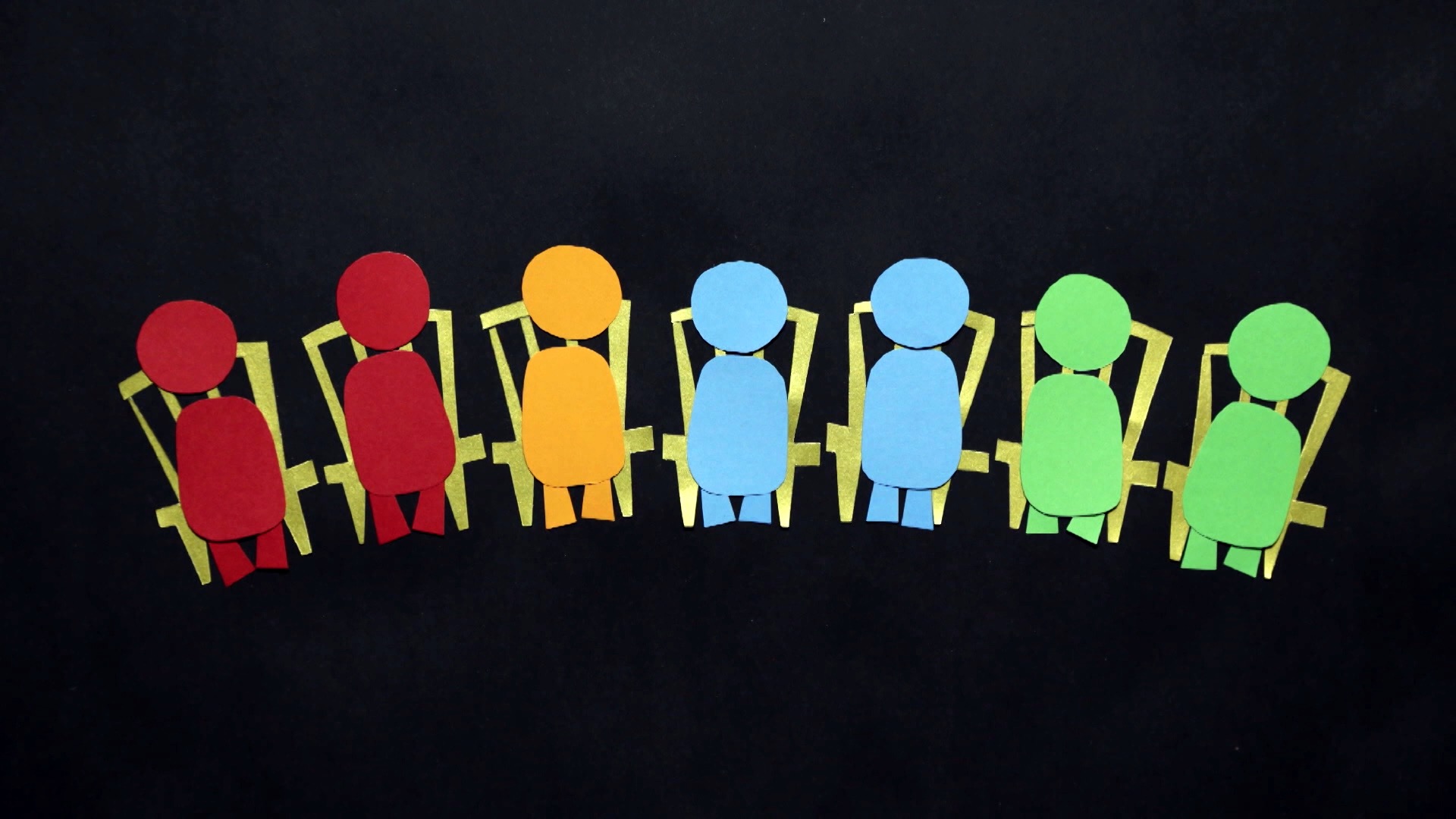
More
The ‘magic formula’ of Switzerland’s direct democracy
Federalism
Switzerland is a federal state composed of 26 cantons, which have significant autonomy. They have their own constitutions, parliaments, and laws in many areas like education, healthcare and policing.
Federalism refers to a vertical separation of powers between the central government and the cantons. The aim is to spread out responsibilities, prevent a concentration of power in one forum, and manage government functions efficiently. Preserving cantonal independence is a particularly strong concern in Switzerland.

More
Separation of powers
The Swiss government
The Federal Council is the seven-member executive body that heads the federal administration. It operates as a combination cabinet and collective presidency. Any Swiss citizen eligible to vote can be elected to the Federal Council. Candidates do not have to be members of the House of Representatives or Senate (the two houses of parliament, together known as the Federal Assembly). The Federal Council is elected by the Federal Assembly for a four-year term.
The president and vice-president of the Swiss Confederation are elected by the Federal Assembly from the ranks of the Federal Council for one-year terms. These terms run concurrently.
The president has almost no powers over and above the other six members of the executive. He or she nonetheless undertakes representative functions generally performed by a president or prime minister in other countries. The current president and vice-president are, in 2025, Karin Keller-Sutter and Guy Parmelin, respectively. The Swiss executive is one of the most stable governments in the world.
Political parties in Switzerland
Switzerland has multiple major parties, and no single party dominates politics. The main parties include: the Swiss People’s Party, the Social Democratic Party, the Radical-Liberal Party, the Centre Party, the Green Party and the Liberal Green Party.

More
Political parties in Switzerland
Is Switzerland still neutral?
Switzerland has pursued a policy of permanent neutrality for centuries. This was confirmed by the Congress of Vienna in 1815. The country’s long-standing policy of neutrality has been a cornerstone of its foreign relations.
As a result, Switzerland has not been involved in any armed international conflicts since 1815. Thanks to its neutrality, it has been able to play a unique role in international diplomacy and humanitarian efforts.
In the wake of Russia’s war of aggression in Ukraine, from February 2022, Switzerland has adopted EU sanctions against Russia. This has unleashed intense political debate in Switzerland about the direction and future of neutrality.
Political parties and citizens express diverse opinions on how Switzerland should navigate its neutral status amid evolving geopolitical challenges. The question is at the heart of a popular initiative, which is expected to be put to the vote in 2026.

More
Neutrality

In compliance with the JTI standards
More: SWI swissinfo.ch certified by the Journalism Trust Initiative


